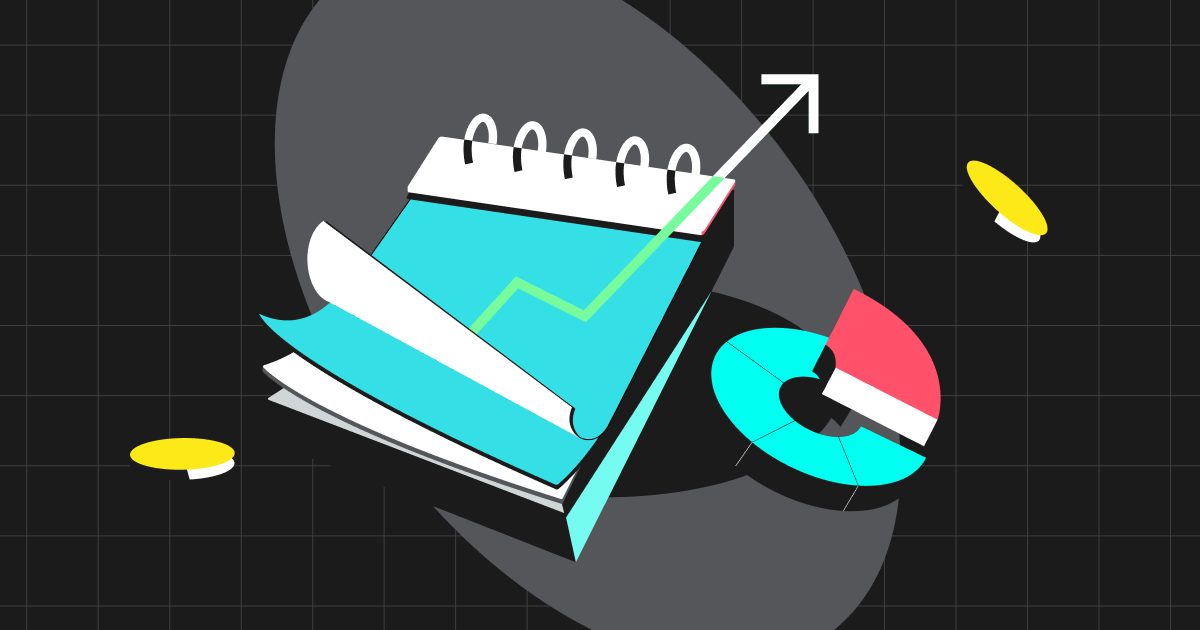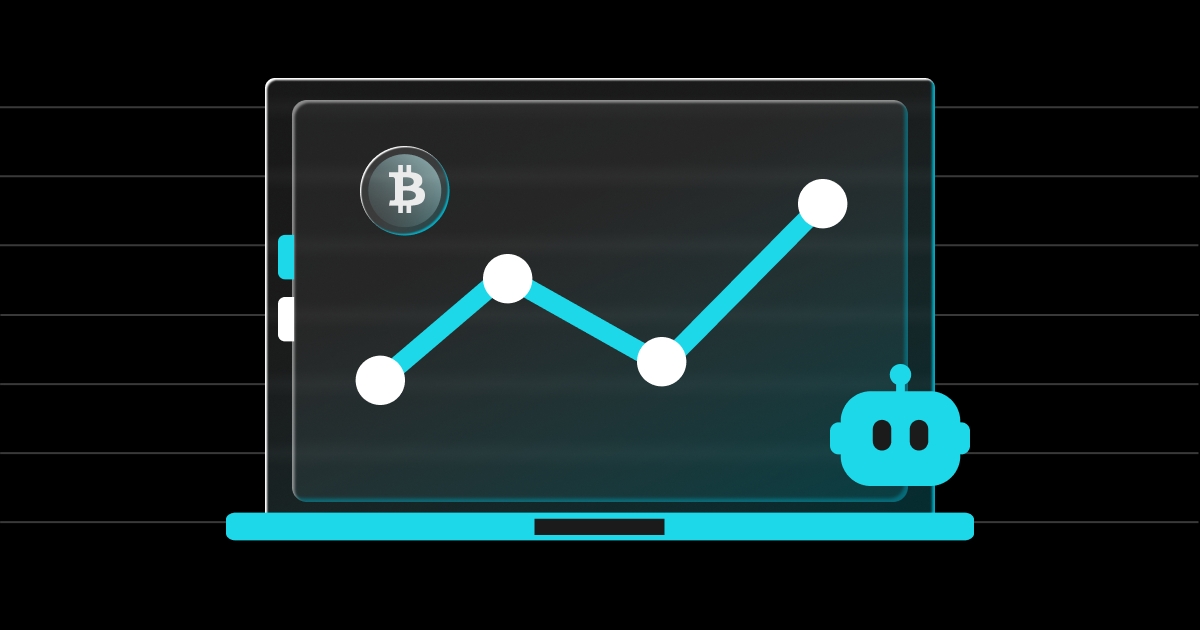Trading basics

Trading 101: What is Futures Trading?
Pemula
2023-01-13 | 5m
The futures market is multifaceted. It provides unlimited investment opportunities with an endless variety of options for the underlying. At its best, it helps traders improve their capital allocation with the introduction of margin and leverage, hedge portfolio risks, and smooth out turbulences.
What are futures contracts?
A futures contract is simply an agreement between two parties to transact a particular asset at a specific future time and a negotiated price. Each futures contract must contain the following elements:
-
The underlying asset (often referred to as the underlying): This is the "source" of value. A futures contract can be written on commodities, stocks, interest rates, and even digital currencies.
-
The expiration date.
-
The settlement method, i.e. should sellers deliver the actual underlying asset when futures expire, or are they being quoted the associated cash positions?
How do they work?
Futures work as a speculation on future prices of the underlying. Buyers can either bet on a price increase and open a long position or expec t price levels to decline and short the contracts. Indeed, the outstanding positions in
futures markets reflect collective confidence in the underlying industry. Portfolio managers usually turn to futures to effectively and economically reduce their exposure to other assets.
Futures investing
As futures are more sophisticated trading products, futures investing should be executed consciously. It is important to be familiar with contract types and clearly determine your preferred means of settlement (physical or cash).
Conventional vs. perpetual futures
Most futures contracts are conventional, that is, the expiration date is specified in the contract. If the contract price approaches the spot price near settlement date, all related positions will expire (meaning they get settled).
Conversely, perpetual contracts don't have an expiration date. Traders can hold their positions forever and close them at any time they want. Another crucial difference is perpetual contracts are written on an asset’s index price, which equals the average price of that particular asset with respect to its spot price and trading volume. As a result, these types of futures are mostly exchanged hands at a price very close to the underlying spot price.
Interconnected: margin and leverage
Two concepts all futures traders must encounter are margin and leverage. Margin is the amount of capital traders are required to deposit into their margin account before opening a new position. Leveraging is borrowing capital to trade contracts, amplifying your buying or selling power to a maximum of 125X. With collaterals as proof of traders' ability to honor their contract obligations, they can exploit the borrowed capital from exchanges to undertake a new investment.
Margin requirements and leverage levels vary between exchanges and coin pairt, but rules remain the same: the lower the volatility of the underlying, the higher the leverage available for its futures contracts.
Crypto futures trading with Bitget
Launched in 2018, Bitget is the first and largest crypto
copy trading platform and a top 5 crypto derivatives trading platform. In May 2019, Bitget launched the first USDT-margined futures product in the industry. Compared to Coin-margined futures, USDT-margined futures product is more user-friendly to
futures trading beginners and it doesn't require investors to hold corresponding coins before going long or short. Bitget is also the first
crypto exchange to launch USDC-margined futures in July 2021, through a
partnership with Circle. Bitget now supports USDT-margined futures, USDC-margined futures, and Coin-margined futures and is a top 5 crypto derivatives exchange.
For more detailed instructions, refer to our complete guides on
trading futures:
At the same time, we strictly demand that users comply with our margin requirements and introduce risk margin to help users better resist liquidation risks. One more unique feature of Bitget is profits and losses are settled on a real-time basis, representing our guarantee for a sophisticated, accurate data system. Traders will be able to manage their account commensurate with the market, thus always in the process of improving their trading knowledge and skills.
Register now and start your futures trading journey today at Bitget!
Bagikan

Cara menjual PIBitget listing PI - Beli atau jual PI dengan cepat di Bitget!
Trading sekarangDirekomendasikan
Kami menawarkan semua koin favorit kamu!
Beli, hold, dan jual mata uang kripto populer seperti BTC, ETH, SOL, DOGE, SHIB, PEPE, dan masih banyak lagi. Daftar dan lakukan trading untuk mendapatkan paket hadiah pengguna baru senilai 6200 USDT!
Trading sekarang